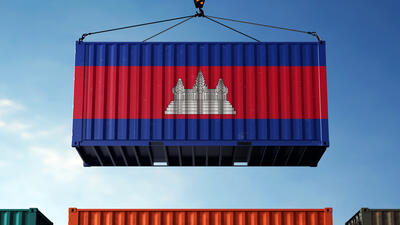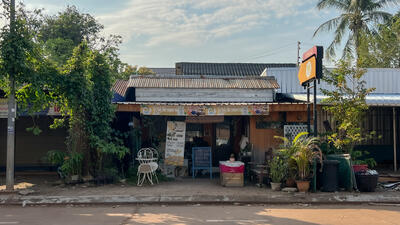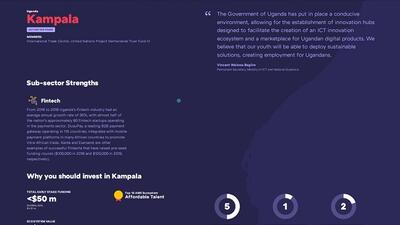
Seminar to boost trade between China and Cambodia, Laos and Myanmar (en)
A seminar on the Development of China trade with Cambodia, Laos and Myanmar, organised by the International Trade Centre (ITC) in partnership with the China-ASEAN Business and Investment Summit (CABIS) Secretariat, will be held in Nanning, China, on 18 September 2014. It will take place in conjunction with the 11th CABIS.
The event, which will focus on Enhancing the Export Capacities of Least Developed Countries (LDCs) in Asia for Intra-regional Trade, will bring together ministers and high-level representatives of the public and private sectors to examine ways to enhance trade for development.
‘China is both a major exporter and importer, which creates enormous opportunities for developing countries and LDCs in the region to establish strong economic linkages which will boost multilateral trade,’ said Ashish Shah, ITC’s Director of Country Programmes.
‘China is a huge market for small and medium-sized enterprises (SMEs) in Asia, which comprise around 90 per cent of businesses that employ close to 80 per cent of the workforce,’ he added. ‘The proximity of Cambodia, Laos and Myanmar to China offers a distinct advantage for trade to flourish, with the added boost of the ASEAN-China Free Trade Area launched in 2010. The establishment of the ASEAN Economic Community in 2015 will be another incentive towards strengthening economic integration and value chain production for trade in goods and services.’
The seminar will serve as a platform for dialogue on the challenges and opportunities to trade and enterprise development between China and Cambodia, Laos and Myanmar. It will be held within the framework of ITC’s project on Enhancing Export Capacities of Asian LDCs launched in April this year which is aimed at increasing the exports of Asian SMEs, including Cambodia, Laos and Myanmar, to China. The project is supported by the People’s Republic of China through the Ministry of Commerce.
Discussions are expected to include issues such as trade facilitation, customs procedures, quality and private standards, labelling and certification, and best practices.












